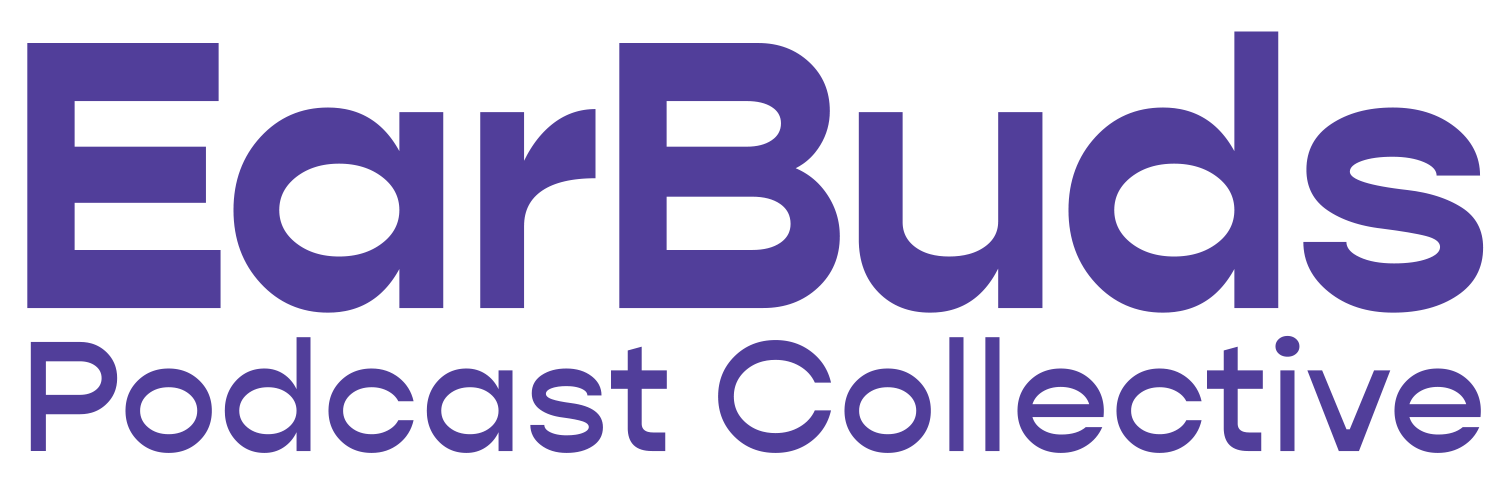How To Not Be An Armchair Expert: 5 Podcast Research Tips
By: Sarah Sahagian & Sadaf Ahsan, hosts of The Reheat
Photo by Noelle Otto on Pexels
Researching a podcast is like eating a really, really great dip – yes, the kind eaten with chips! – you want to make it through all the layers.
As podcasters, it can be tempting to do a quick and dirty superficial analysis of a subject. On our show, The Reheat, we revisit celebrity scandals and news of yesteryear from a contemporary feminist perspective. And sure, a quick Google search of a celebrity like Tyra Banks or Camilla Parker Bowles could give us a fair bit to work with. (As does Twitter chatter.) But can the first page of internet search results represent someone’s entire life story? Probably not.
Obviously, we’re not the world’s foremost researchers. However, we’ve learned a lot about digging up dirt over the years! And how to not only get our facts right, but find additional colour and nuance that helps set us apart.
So, in the spirit of sharing, here are some research tips we use at The Reheat:
1. Go to a library
Photo by Pixabay on Pexels
We know! After years of quarantining on and off, the idea of putting on hard pants and leaving your house is a lot. When libraries were closed during lockdown, all we had were Google searches from the comfort of our beds. But exploring your library really is worth it. They have books, and the authors of said books (usually) do far more research for a 500-page tome on a celebrity like Rosie O’Donnell than the writers at Us Weekly do for their “Who Wore It Better?” columns. (No offense to Us Weekly, because we love your work and you certainly make airports bearable).
So, when you’re feeling like Wikipedia isn’t giving you the depth of information you need, consult the nonfiction section at your nearest library. You won’t regret it, and you’ll find history that goes way back, including books, encyclopedias, archival news, online catalogs, and people whose entire job is to look up a fact.
2. Newspaper archives are amazing
Speaking of which, searching through old newspapers provides some of our best inspiration. Looking up where in the papers a piece of celebrity gossip was covered tells you so much: Did it make the frontpage? Or was it relegated to page six? Story placement is a good reflection of how much society cared (or how much newspaper editors thought society cared) about an event, whether that’s concerning Brad Pitt and Jennifer Aniston’s divorce, Beyoncé firing her dad from his role as her manager, or the despicable way George Michael was treated after his scandal.
Photo by Digital Buggu on Pexels
It’s also worth noting who wrote these pieces, what their history of work and perspective can tell you, how headlines read, and even just what was deemed a story and what wasn’t. Language changes over time and so does the way we consume news – this is important information in itself.
3. If you make a mistake, let your listeners know
Even the most experienced researchers make mistakes, and that’s okay. When someone flags an error in your content, don’t freak out. Just let your listeners know about the mishap in your next episode. Even hallowed institutions such as The New York Times and The Washington Post issue corrections (and probably more often than you’d think). Perfection is pretty much impossible, so accept your foibles and move on. Transparency is how you build trust with your listeners.
4. That whole internet thing
Photo by Christina Morillo on Pexels
Yes, the internet is still a good resource – obviously. But be discerning. An opinion you find on a blog from 2008 isn’t something to base an entire story or episode on, but a fact you can back up from multiple sources and from a trusted place is. Google Scholar and peer-reviewed journal articles are your friends. If you do see an interesting nugget of information, chase it! Go to the source and find someone who can confirm it for you. And don’t be afraid to pick up the phone – which yes, very 2002 – but it’s the best way to ensure you’ve got a live source and to quickly get the information you need.
When it comes to video clips, YouTube is of course essential, along with, for instance, TikTok, Vimeo, and Dailymotion. Again, find the original sources and listen to them in full before running with, for instance, a fan-made montage. While podcasting may not be a visual medium, photos are still important when it comes to fact-checking or illustrating a time or a personality. Descriptive narrative is your friend.
5. Save everything
While we may not craft as meticulous bibliographies as we did when we were in school, it’s still worth saving all of your research and recording it – not only for fact-checking, but referencing later, or to offer as helpful sources for your listeners. Bookmark those journals – literally bookmark those physical tomes you’re dragging home from the library – and take photos of the quotes you don’t want to forget. Keep a file with everything in it. You will thank yourself later.
Conclusion
Well, that’s the recipe for our secret research sauce. If you enjoyed reading our research strategies, please check out the podcast to which we apply them! The Reheat is available wherever you get your podcasts.
Thank you to Sarah and Sadaf from The Reheat for sharing these great tips with us! Click on the image to listen.





